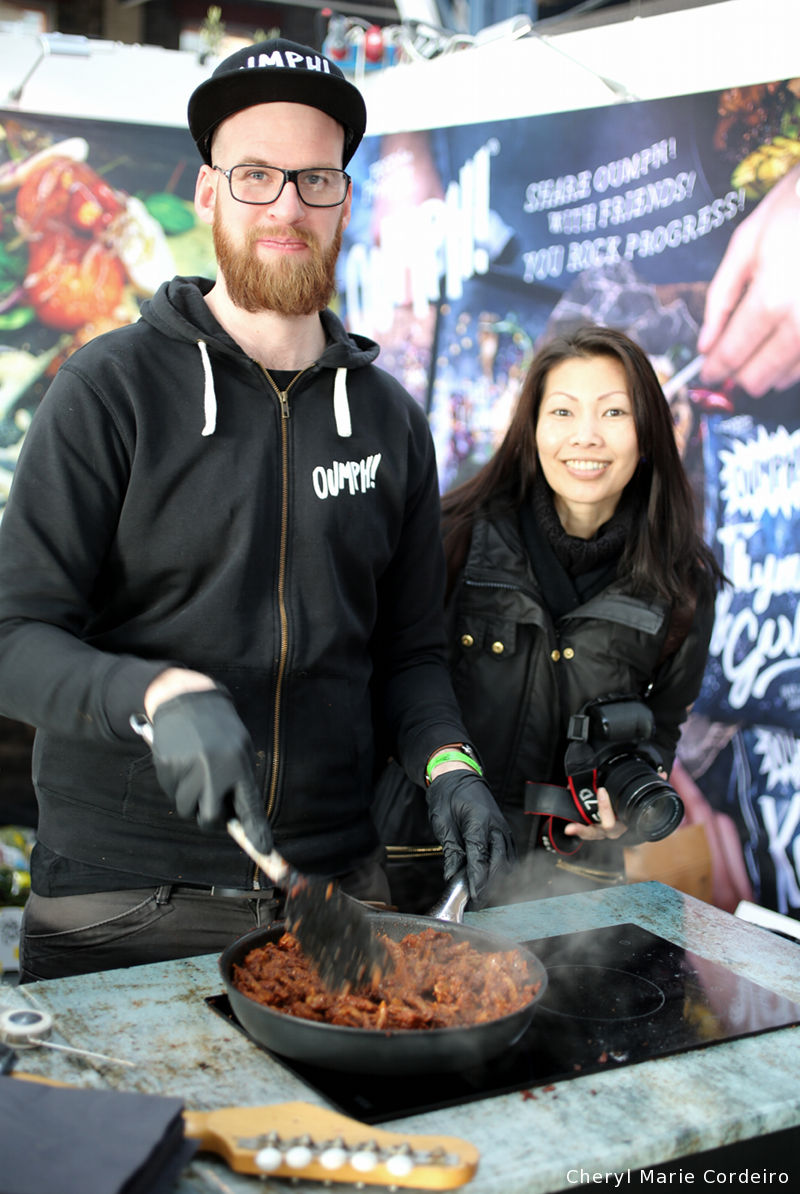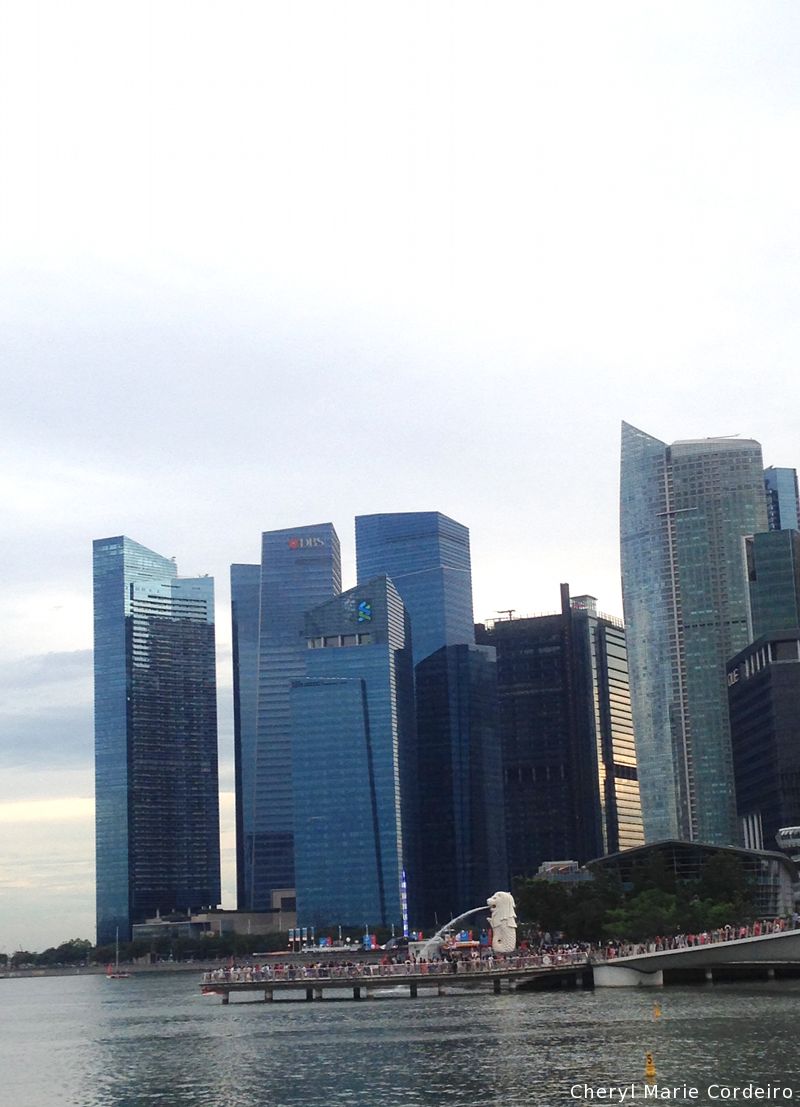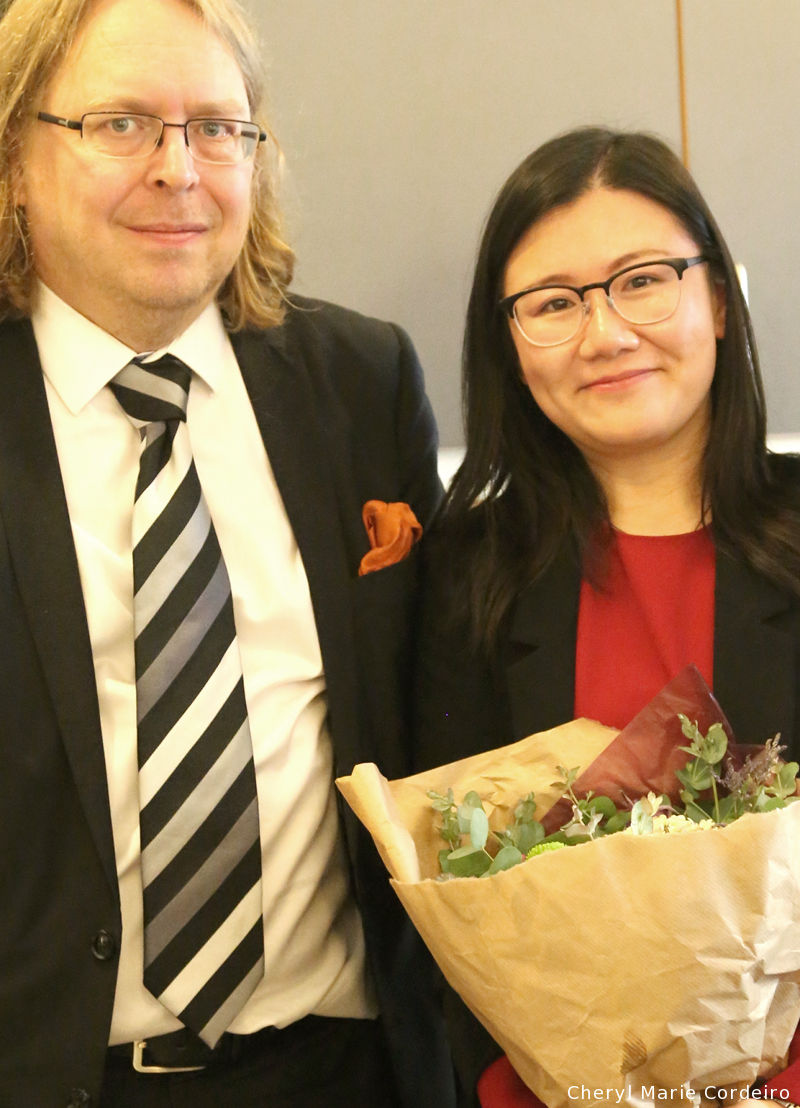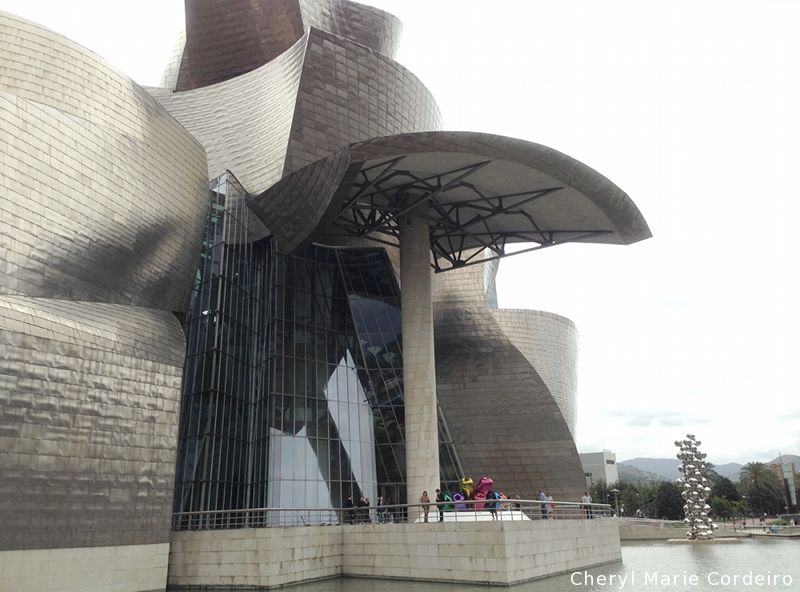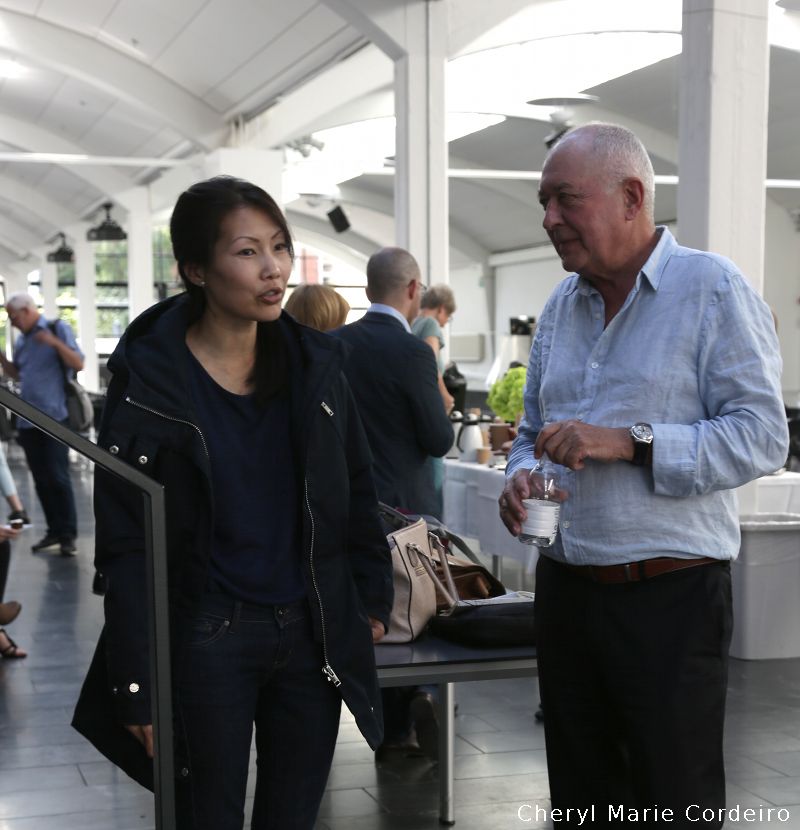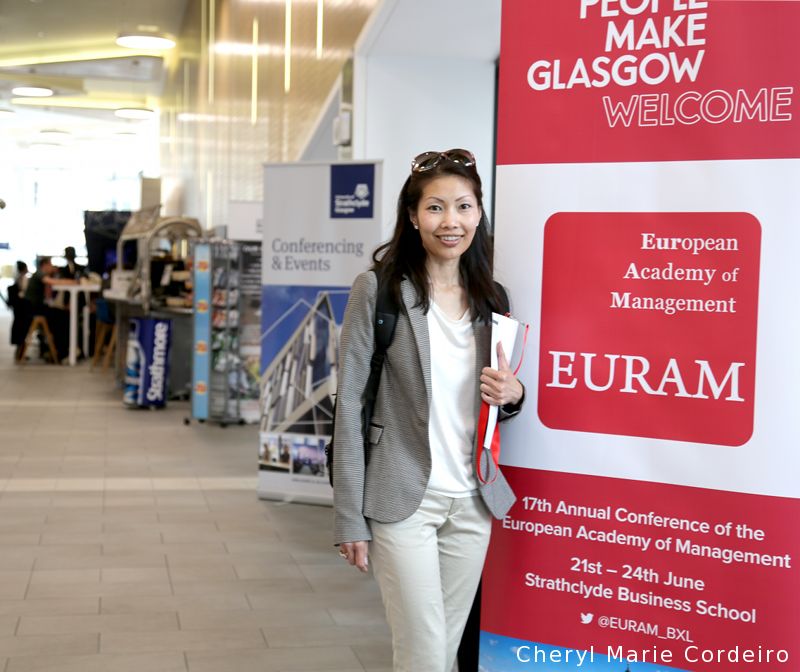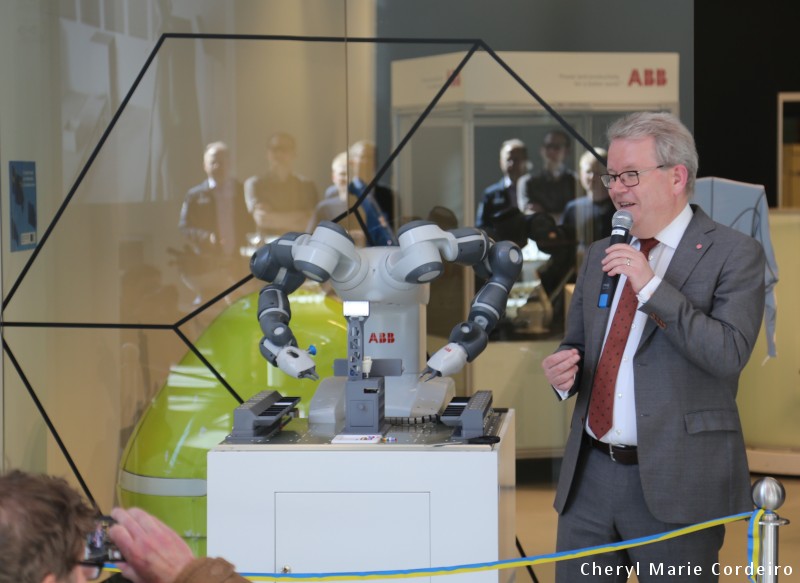At the Oumph! (oumph.se) food stand with Fredrik Kämpenberg, company chef at Food for Progress (FFP) at Passion för Mat 2018, 2 to 4 March, Erikbergshallen, Gothenburg.
Text & Photo © JE Nilsson, CM Cordeiro 2018
Global food demand is expected to rise by 35% by 2030 [1]. The demand in increased food supplies will need to come in the form of increased crop yields and/or a reduction in food waste. In view of keeping ecological balance with global nutrition needs in the upcoming deacades, there’s a general agreement that a transition from animal to plant-based protein supply is desirable [2-4], even if there is acknowledgement that the efficiency of the global food production system should not only be assessed as a function of the area of cultivated land but also in accordance to the amount of nutrients withdrawn and replaced from the soil [5].
Continue reading ”Passion för Mat 2018, Food for Progress, Oumph!”
